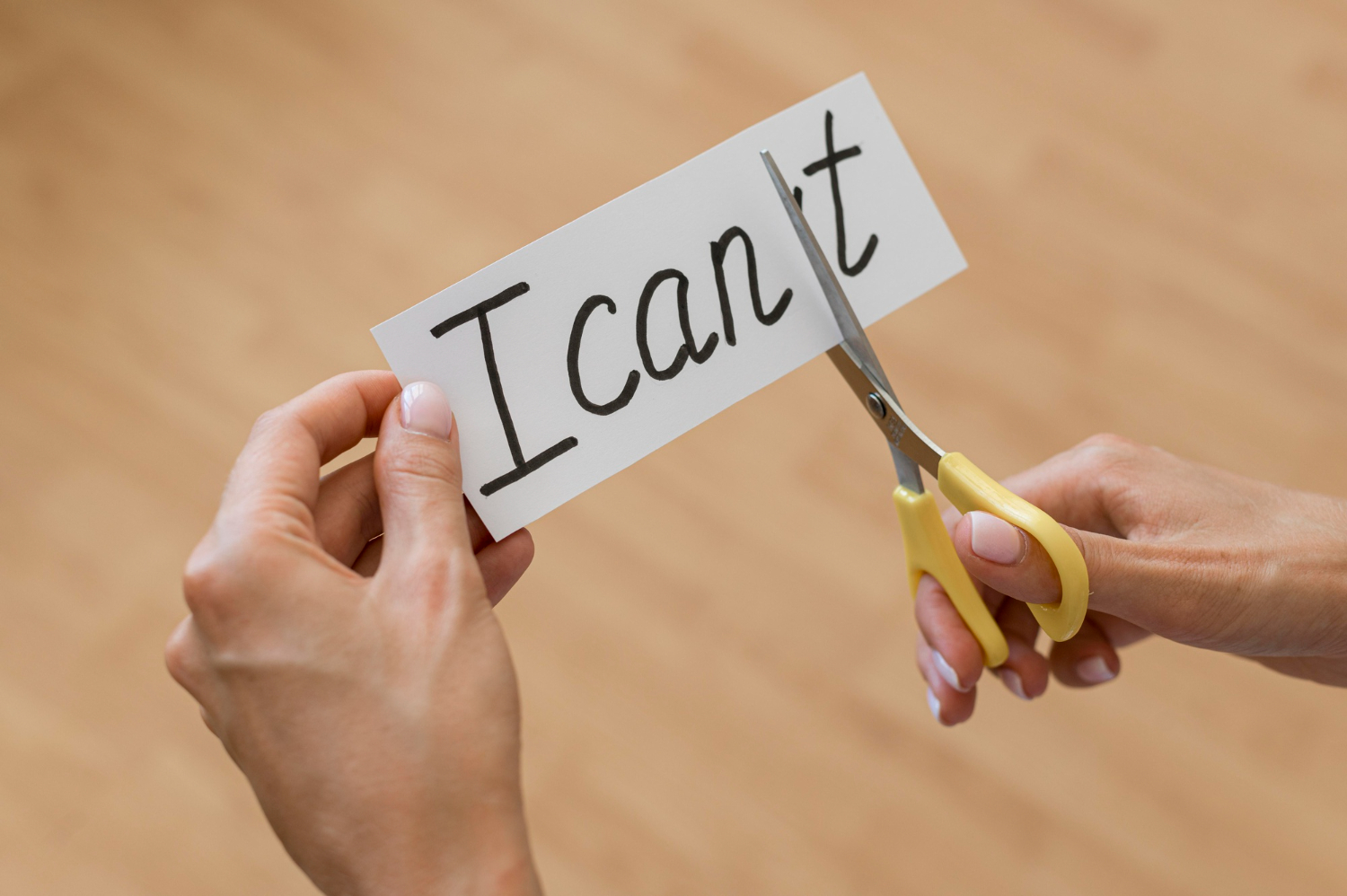How to Balance Work and Family Life in Just 7 Steps

It feels good to be productive because it gives us a sense of accomplishment. However, productivity requires time and effort, sometimes more than we have to spare. The question is, when are we pushing ourselves to be overly productive?
Whether you’re a full-time employee or freelancer, working remotely or at the office, we all know how difficult it can be to find and establish a work-life balance. We have grown used to or forced ourselves to juggle work, ensure quality, and meet deadlines to the point where we feel guilty for making time for ourselves, family life, and other social relationships. Some may even judge themselves for scrolling through socials or binge-watching Netflix.
We’ve all been stuck in work-life dilemmas, wondering which one should take precedence. This could be especially true for working or new parents or ambitious workaholics who struggle between thriving in their careers at the cost of family life or personal well-being.
Work-life balance is not a goal we achieve once. It takes constant practice and awareness to develop strategies that enable us to continue excelling at work while enjoying family life.
The quest for work-life balance is never-ending, but it is not impossible. Here’s why it’s important. Plus, seven actionable steps from a career coach on balancing work and family life.
- Why is Work-Life Balance Important?
- 7 Steps to Balancing Work and Family Life
- Step 1: Set Blocks of Time for All Aspects of your Life
- Step 2: Reflect on What Makes You Happy
- Step 3: Embrace How Your Brain Works
- Step 4: Set Boundaries and Learn When to Say “NO”
- Step 5: Limit Non-Essential Activities
- Step 6: Identify Activities That Drain Your Energy
- Step 7: Practise Mindfulness
- How Do You Manage Work-Life Balance With A Career Coach?
Why is Work-Life Balance Important?
Having a work-life balance shouldn’t be deemed a luxury. Without it, we can’t be fully present at work or at home. We could be completely exhausted from a long workday yet still feel stressed about unfinished tasks, making us unable to unwind at home or engage with family or friends.
The absence of a work-life balance feels like splitting yourself into two to fulfil responsibilities at work and still have family life or time for personal commitments. Work and family life are important parts of life that contribute to our needs and identity as individuals. Neither one should overshadow the other. The emphasis is on balance. Without a balance, you’ll eventually lose out on both work and life.
Balance does not always mean a strict 50/ 50 allocation of time for work and family life. It’s about the quality of time and effort devoted to both. The goal is to live in the present moment–do good work and reap its rewards by enriching your personal, social, and family life.
If you find yourself grappling at a crossroads between work and family life, let me share with you six simple steps that will help you achieve and sustain balance.
7 Steps to Balancing Work and Family Life
Step 1: Set Blocks of Time for All Aspects of your Life
Evaluate your current lifestyle–ask yourself which activities take most of your time and effort and how they affect your overall health and well-being. First, think about the basics, like getting at least seven to nine hours of sleep, having enough time to prepare, eat, and digest nutritious food, and maintaining personal hygiene. Then, factor in your work schedule, errands, and commitments to your social or family life.
Setting time blocks will enable you to illustrate how you spend your day and see how it aligns with your goals for the future. From there, you can gain a better understanding of which area in your life or career you need to adjust or improve to achieve balance.
Step 2: Reflect on What Makes You Happy
Now that you have a clear picture of how you’re spending your days tap into your inner self and reflect on what makes you happy. Do you enjoy what you’re doing or find purpose in them? Ideally, you should work to live a good life–not live to work. Allow yourself to step away from pressures from either work or family life.
Give yourself permission to think about yourself once in a while, and consider making time for things that truly bring you joy. It could be as simple as looking up at the sky, taking a long hot bath, going on a joy ride, or picking up a hobby. For all you know, it would be a fun activity you can do with family and friends.
Step 3: Embrace How Your Brain Works
We all have unique personalities because our brains work differently from each other. We may share the same likes and dislikes with other people, but no one is exactly the same. We need to stop expecting ourselves to live up to unrealistic standards, as much as we shouldn’t compare ourselves to others. If we must, we should measure up to our own definition of success and compare ourselves only to who we were yesterday.
What works for others may not apply to you, like how some people may feel accomplished with to-do lists while others are overwhelmed. Embracing how your brain works is key to balancing work and family life. You need to plan your day and do things in a way that makes sense to you. Ask yourself what motivates you and use it to drive your focus. For instance, you can make doing chores or tasks fun by gamifying them or awarding the person who does the most exemplary work.
Step 4: Set Boundaries and Learn When to Say “NO”
To set healthy boundaries, think about your physical, mental, emotional, and spiritual needs, as well as your financial capacity. Honouring and communicating your needs is crucial to achieving and sustaining work-life balance. It’s okay to compromise from time to time. What’s not okay is totally ignoring or disregarding your needs. Before you say “yes” to a request from your boss, family, or friend, ensure that it will not cause you undue stress or fatigue. Otherwise, say “NO.”
Employers must respect that employees have a life outside work, allotting sufficient resources and reasonable timeframes to accomplish specific tasks. In the same way, employees need to report and focus on work during business hours to deliver quality output on the agreed deadline without compromising personal well-being or family life. As for family or friends, they must also respect your individual needs and be as willing to compromise.
Step 5: Limit Non-Essential Activities
Watching TV, scrolling through our phones, or playing games can be considered non-essential activities, but they’re not always a waste of time. You may not be productive in these situations, but it may allow you to decompress from work or relax. These activities may also help you connect with family and friends. The keyword here is limit–not remove. However, if a non-essential activity is impacting you negatively, by all means, remove it from your life.
Balancing work and family life involves limiting non-essential activities that may distract or cause you to procrastinate. You must consider your priorities before non-essential activities. Note that even meetings and checking emails can be non-essential when they keep you from being productive.
Step 6: Identify Activities That Drain Your Energy
We can have more than enough responsibilities as it is to sustain our current lifestyles. To strike the ideal work-life balance, we must be able to identify activities or people that drain our energy and consider reducing their influence.
For example, if spending too much time on social media or dealing with negative friends leaves you feeling tired and stressed, limit your exposure. The activities or people worth your time, effort, and energy should uplift, support, and encourage you to cultivate a positive disposition in life–not pull you down or hold you back.
Step 7: Practise Mindfulness
In life, there is no guarantee that things will go our way. There will always be threats to work-life balance. Being mindful allows us to be in tune with how we feel and what we need, helping us cope with stressors or challenges. It also enables us to communicate our needs and seek help in finding solutions.
Practising mindfulness empowers us to invest in our professional and personal growth. It allows us to regulate our emotions, express ourselves, release tension, or reflect on what we need to improve or let go. Some activities that promote mindfulness include yoga or exercise, meditation, and journaling.
How Do You Manage Work-Life Balance With A Career Coach?
A career coach can help you figure out your goals and what’s important to you. They will also create a plan with actionable steps, enabling you to reach those goals while still enjoying your personal life. They can advise you on how to stay organised, improve time management, and even help you handle stress. With their guidance, you can learn to make better choices that let you balance your work as well as your personal and family life, leading to a happier and more fulfilling life overall.
Living in a digital age, it’s easy to book a career coach in Dubai or anywhere in the world, given the online services or virtual meetings. If you’re still caught up in a constant race without taking a breather, it’s essential to recognise the means available to seek help and find the balance you need. Talk to a career coach today and discover strategies on how to balance work and family life.
- September 2025
- August 2025
- July 2025
- June 2025
- May 2025
- April 2025
- March 2025
- February 2025
- January 2025
- December 2024
- November 2024
- October 2024
- September 2024
- August 2024
- July 2024
- June 2024
- May 2024
- December 2023
- November 2023
- August 2023
- July 2023
- June 2023
- May 2023
- April 2023
- March 2023
- February 2023
- January 2023
- December 2022
- November 2022
- October 2022
- September 2022
- August 2022
- July 2022
- June 2022
- May 2022
- April 2022
- March 2022
- February 2022
- January 2022
- December 2021
- November 2021
- October 2021
- September 2021
- August 2021
- July 2021
- June 2021
- May 2021
- April 2021
- March 2020
- February 2020
- January 2020
- December 2019
- November 2019
- October 2019
- September 2019
- August 2019
- July 2019
- June 2019
- May 2019
- April 2019
- March 2019
- February 2019
- January 2019
- December 2018
- November 2018
- October 2018
- September 2018
- August 2018
- July 2015
- May 2014








